Filter by
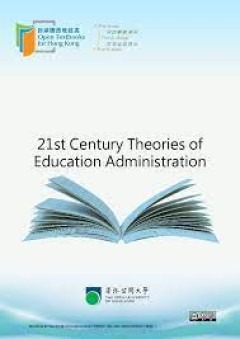
21st Century Theories of Education Administration
Educational administrative practitioners evaluate theories, implement practices andrene leadership strategies daily. The exploration of the leadership gap betweentheory and praxis is a quantum undertaking. Quantum physicists explain thepredictable behavior of particles and the energy they contain using quantummechanics (Izquierdo-Aymerich and Aduriz-Bravo 2009).
- Edition
- -
- ISBN/ISSN
- -
- Collation
- -
- Series Title
- -
- Call Number
- 370 PEN t

The Grants Register 2017
The most comprehensive guide on postgraduate grants and professional funding globally. For thirty-five years it has been the leading source for up-to-date information on the availability of, and eligibility for, postgraduate and professional awards. Each entry is verified by its awarding body and all information is updated annually.
- Edition
- -
- ISBN/ISSN
- 978-1-137-51142-3
- Collation
- -
- Series Title
- -
- Call Number
- -
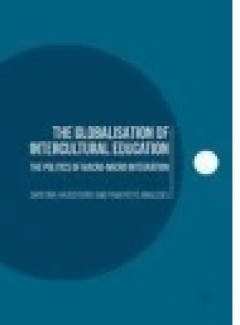
The Globalisation of Intercultural Education
This book examines the intersection of globalisation and intercultural education by focusing on the trajectory of education policy: from development to adoption and implementation.The centrality of the nation-state has been constrained by a wide range of new socio-cultural, political and economic phenomena over the past decade such as globalisation, Europeanisation, modernisation, and global re…
- Edition
- -
- ISBN/ISSN
- 978-1-137-52299-3
- Collation
- XI, 253
- Series Title
- -
- Call Number
- -
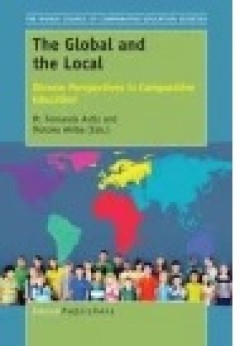
The Global and the Local
The book examines how the understanding of the global and the local has changed in response to ongoing reconfigurations between the state and society. It also emphasizes the importance of schooling as an institution both within and across national contexts, a holistic approach that helps us move beyond a conglomeration of isolated local events to pay attention to global trends. In this regard, …
- Edition
- -
- ISBN/ISSN
- 978-94-6300-654-5
- Collation
- X, 158
- Series Title
- The World Council of Comparative Education Societies
- Call Number
- -
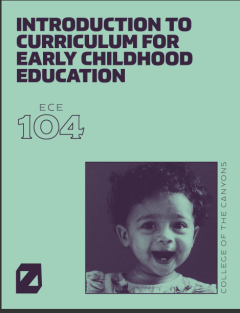
Introduction to Curriculum for Early Childhood Education
Welcome to learning about how to effectively plan curriculum for young children. This textbook will address: Developing curriculum through the planning cycle Theories that inform what we know about how children learn and the best ways for teachers to support learning The three components of developmentally appropriate practice Importance and value of play and intentional t…
- Edition
- -
- ISBN/ISSN
- -
- Collation
- -
- Series Title
- -
- Call Number
- 372 PAR i

Mergers and Alliances in Higher Education
This volume casts light on mergers and alliances in higher education by examining developments of this type in different countries. It combines the direct experiences of those at the heart of such transformations, university leaders and senior officials responsible for higher education policy, with expert analysts of the systems concerned. Higher education in Europe faces a series of major c…
- Edition
- 1
- ISBN/ISSN
- 978-3-319-13134-4
- Collation
- XXI, 307
- Series Title
- -
- Call Number
- -
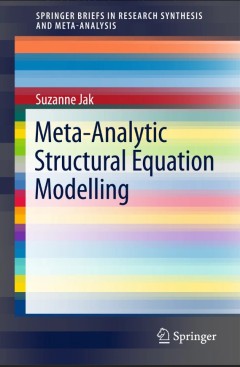
Meta-Analytic Structural Equation Modelling
This book explains how to employ MASEM, the combination of meta-analysis (MA) and structural equation modelling (SEM). It shows how by using MASEM, a single model can be tested to explain the relationships between a set of variables in several studies. This book gives an introduction to MASEM, with a focus on the state of the art approach: the two stage approach of Cheung and Cheung & Chan. B…
- Edition
- 1
- ISBN/ISSN
- 978-3-319-27172-9
- Collation
- VIII, 88
- Series Title
- SpringerBriefs in Research Synthesis and Meta-Analysis
- Call Number
- -
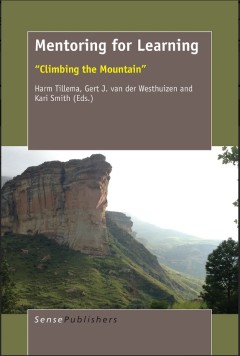
Mentoring for Learning:Climbing the Mountain
No doubt, students appreciate the talks they have with their mentors but do they learn from it as well? Conversations can be comforting or confronting, but
- Edition
- 1
- ISBN/ISSN
- 978-94-6300-058-1
- Collation
- XVI, 346
- Series Title
- -
- Call Number
- -
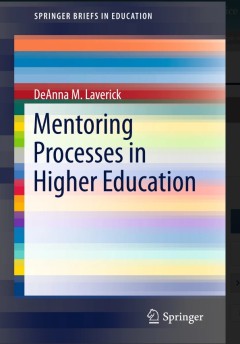
Mentoring Processes in Higher Education
This book portrays the various ways in which mentoring occurs in higher education. Targeting the stakeholders who benefit from mentoring, namely faculty, graduate and undergraduate students, and their professional colleagues, this book supports those who are involved in the mentoring process. It synthesizes the professional literature on mentoring and shares examples of effective practices that…
- Edition
- 1
- ISBN/ISSN
- 978-3-319-39215-8
- Collation
- XIV, 84
- Series Title
- SpringerBriefs in Education
- Call Number
- -

Medicine as a Scholarly Field: An Introduction
This book exposes, and fills, a notable void in the educational content generally covered in modern schools of medicine. It provides an introduction to the field at large in terms of content that is relevant for each of the specialties and subspecialties of medicine; and to this end, it addresses the modern counterpart of the Hippocratic philosophy that was at the root of the genesis of modern …
- Edition
- 1
- ISBN/ISSN
- 978-3-319-19011-2
- Collation
- XVI, 136
- Series Title
- Medicine as a Scholarly Field: An Introduction
- Call Number
- -
 Computer Science, Information & General Works
Computer Science, Information & General Works  Philosophy & Psychology
Philosophy & Psychology  Religion
Religion  Social Sciences
Social Sciences  Language
Language  Pure Science
Pure Science  Applied Sciences
Applied Sciences  Art & Recreation
Art & Recreation  Literature
Literature  History & Geography
History & Geography